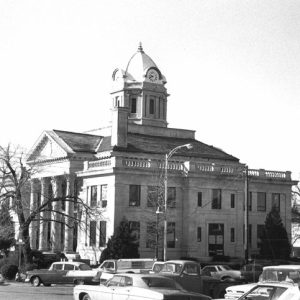 Poinsett County Courthouse
Poinsett County Courthouse
Entry Category: Government and Politics - Starting with P
 Poinsett County Courthouse
Poinsett County Courthouse
Poland Committee
aka: Select Committee to Inquire into Conditions of the Affairs in the State of Arkansas
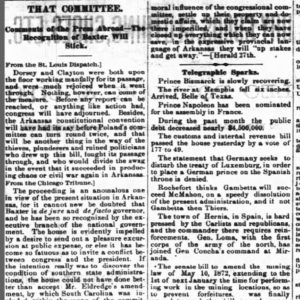 Poland Committee Article
Poland Committee Article
Political Animals Club
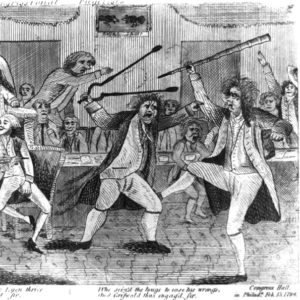 Political Cartoon of Brawl
Political Cartoon of Brawl
Politics and Government
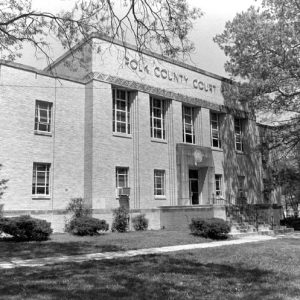 Polk County Courthouse
Polk County Courthouse
Polk County Draft War
Poll Tax
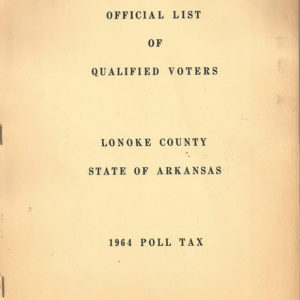 Poll Tax Book
Poll Tax Book
Pollan, Carolyn
Pollard, Odell
Poorhouses
aka: Poor Farms
 Pope County Courthouse
Pope County Courthouse
Pope County Militia War
Pope-Noland Duel
Pope, John
Populist Movement
aka: People's Party
aka: Populism
Post Office Art
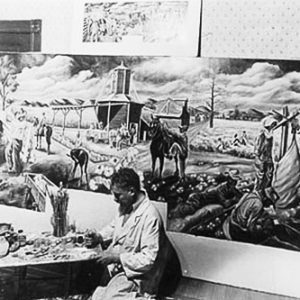 Joseph Vorst's Post Office Mural
Joseph Vorst's Post Office Mural
Postage Stamps with Arkansas Connections
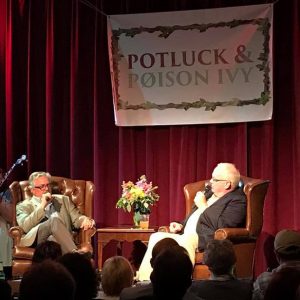 Pot Luck and Poison Ivy
Pot Luck and Poison Ivy
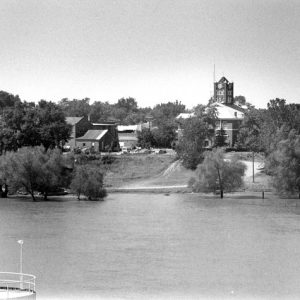 Prairie County Courthouse
Prairie County Courthouse
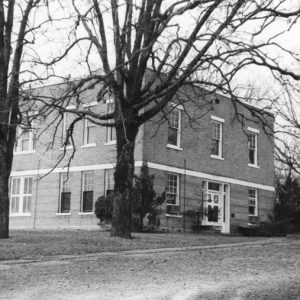 Prairie County Courthouse
Prairie County Courthouse
Presidential Candidates
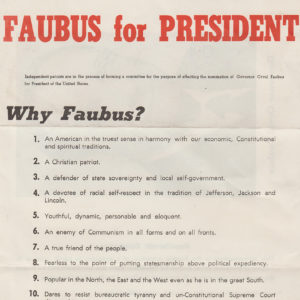 Presidential Hopeful
Presidential Hopeful
Presidential Visits
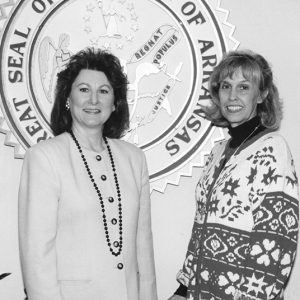 Priest and Hudson
Priest and Hudson
Priest, Sharon
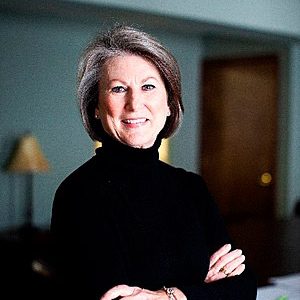 Sharon Priest
Sharon Priest
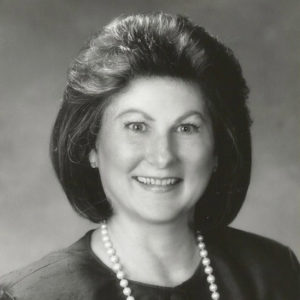 Sharon Priest
Sharon Priest
 Sharon Priest
Sharon Priest
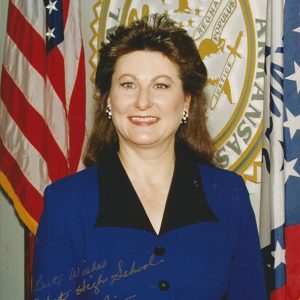 Sharon Priest
Sharon Priest
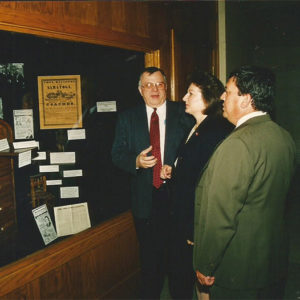 Sharon Priest at APA Exhibit
Sharon Priest at APA Exhibit
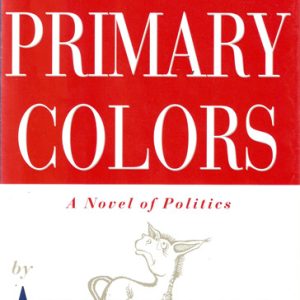 Primary Colors
Primary Colors
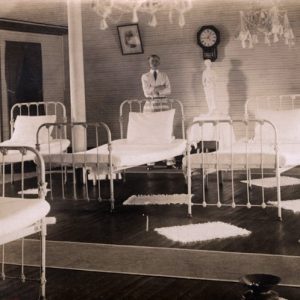 Prison Hospital
Prison Hospital
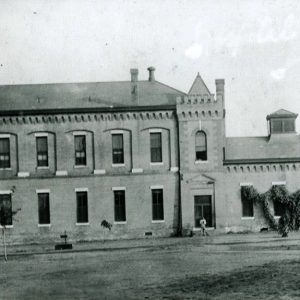 Prison Hospital
Prison Hospital
Prison Reform
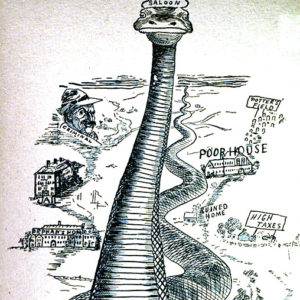 Pro-temperance Cartoon
Pro-temperance Cartoon
Progressive Party
aka: Bull Moose Party
Prohibition
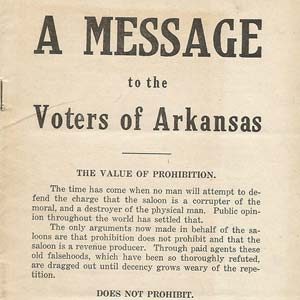 Prohibition Book
Prohibition Book
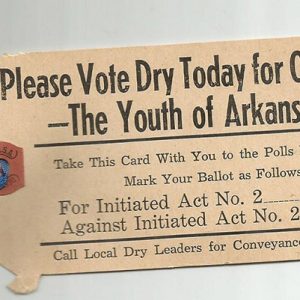 Prohibition Tag
Prohibition Tag
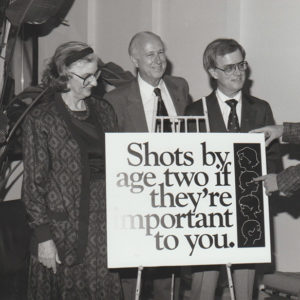 Promoting Immunization
Promoting Immunization
Prosser, Stewart Keeling (Stew)
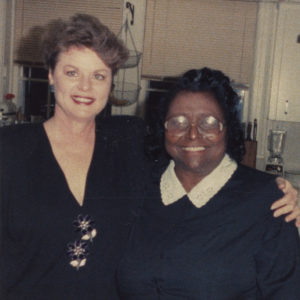 Pryor and Ashley
Pryor and Ashley
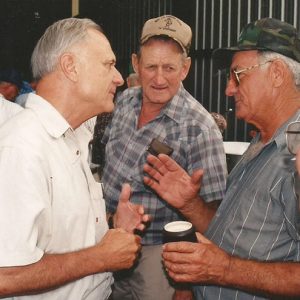 David Pryor Campaigning
David Pryor Campaigning
Pryor, Barbara Jean Lunsford
Pryor, David Hampton
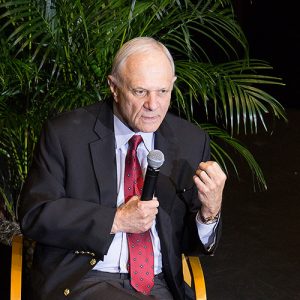 David Pryor
David Pryor




